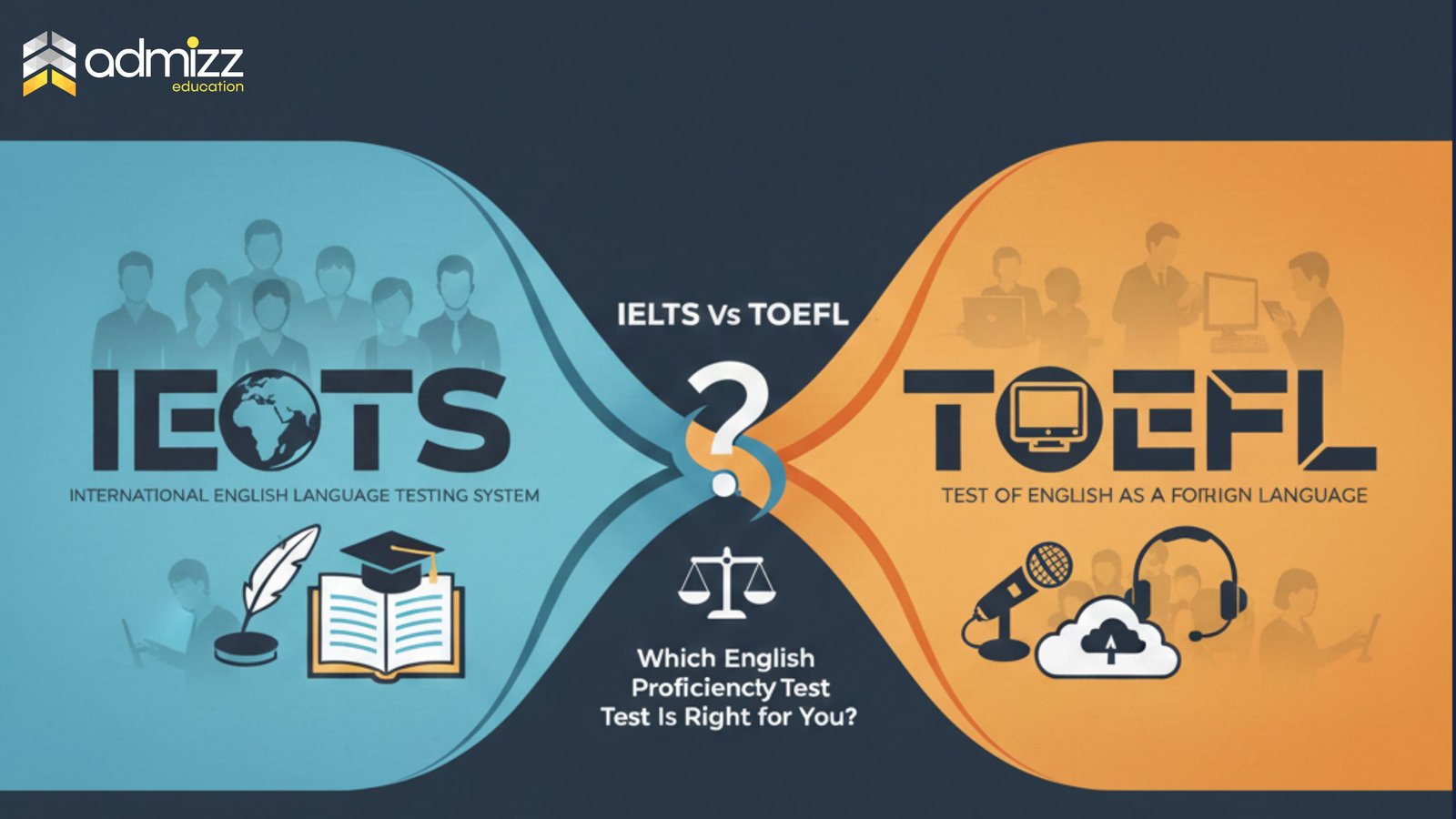Your Bridge to Top Danish Universities and High-Impact Global Careers
STUDY IN DENMARK
Study in Denmark and access innovative education, industry-focused programs, and a welcoming international environment. Admizz Education guides you through course selection, admissions, documentation, and visa support—ensuring a smooth, informed journey toward world-class learning and future-ready opportunities in Denmark.
Students successfully enrolled worldwide
Student Visa Approval Rate with Expert Guidance
In Scholarships Awarded to Our Students
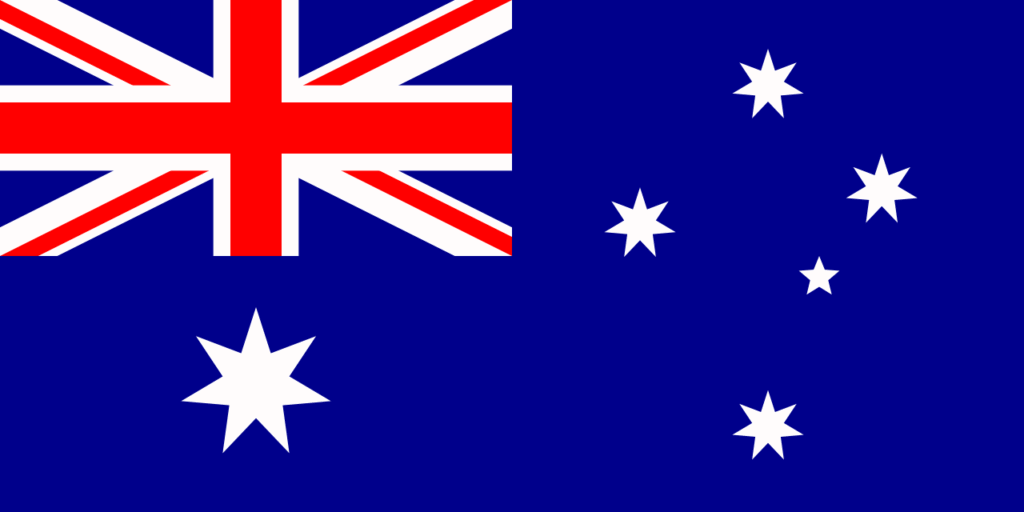

Copenhagen
Capital

Danish
Language

+45
Dialing Code

Danish Krone (DKK)
Currency

5.8 Million
Population

359
Universities

485,555
International
Students

DKK 45,000
Tuition fee
Why Study In Denmark ?
Study in Denmark for world-class education, innovative teaching, affordable living, strong career opportunities, and a safe, welcoming European study environment.

World-Ranked Universities
Denmark is home to globally recognised institutions known for academic excellence, cutting-edge research, and industry-driven learning.

Innovative, Student-Centric Teaching
Danish education focuses on problem-solving, real-world applications, group work, and creative thinking—skills highly valued worldwide.

Strong Career Prospects
Denmark offers excellent internship pathways, part-time work options, and post-study opportunities in engineering, IT, life sciences, and sustainability.

Affordable Education & Scholarships
International students benefit from reasonable tuition fees, strong scholarship options, and great value for quality education.

English-Taught Programs & Global Exposure
Thousands of programs are taught entirely in English, enabling international students to study comfortably and compete globally.

High Quality of Life & Safety
With a secure, clean, and modern environment, Denmark consistently ranks among the world’s happiest and safest countries.
Admission Requirements for Studying in Denmark
To study in Denmark, students must prepare essential academic, financial, and identity documents that prove eligibility, language proficiency, and funding. Proper documentation ensures smooth admission, visa approval, and timely university enrollment.
Admission Requirements for Studying in Denmark
Prepare essential academic, financial, and identity documents to secure admission and a smooth student visa process for studying in Denmark.
- Passport (valid for the entire study period)
- Academic transcripts & certificates (10th, 12th, bachelor’s/master’s)
- English proficiency test score (IELTS/TOEFL/PTE)
- Updated CV / Resume
- Statement of Purpose (SOP)
- Letters of Recommendation (LORs)
- University application form
- Proof of funds (bank statements/education loan)
- Tuition fee payment receipt (if applicable)
- Passport-size photographs
Documents Required for CAS (Confirmation of Acceptance for Studies)
Prepare all required academic, financial, and identification documents accurately to ensure a smooth and timely CAS issuance for your university admission.
- Valid passport
- Academic transcripts and certificates
- English proficiency test score (IELTS/TOEFL/PTE)
- Proof of funds (bank statements or education loan)
- Tuition fee payment receipt (if required)
- Passport-size photographs
- SOP / Personal statement (university requirement)
- CAS information form or Pre-CAS questionnaire
Visa Documentation
Prepare essential academic, financial, and identity documents to ensure a smooth Denmark student visa process and successful entry into top Danish institutions.
- Valid passport (must cover full study duration)
- Completed Denmark student visa application (ST1 form)
- Admission letter from a recognised Danish institution
- Proof of tuition fee payment (receipt or bank transfer)
- Financial proof showing required living funds
- Academic transcripts & certificates (10th, 12th, bachelor’s/master’s)
- English proficiency test score (IELTS/TOEFL/PTE)
- Passport-size photographs (as per Denmark guidelines)
- Statement of Purpose (optional but recommended)
Academic Intakes in Denmark
Denmark offers multiple academic intakes, allowing international students flexible entry into bachelor’s and master’s programs across top universities and specialized institutions.

September / Fall Intake (Major Intake)
September Intake (Main Intake)

February Intake (Secondary Intake)

Rolling Intakes (Program/University-Specific)
Top Universities in Denmark
Denmark is home to globally reputed universities known for innovation, research excellence, and high-quality teaching. Here are the top institutions for international students:
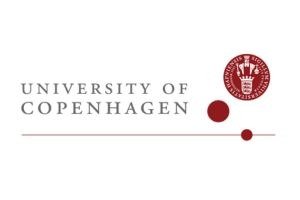
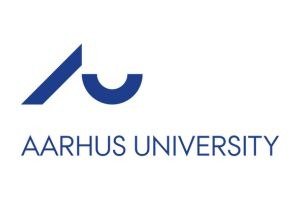
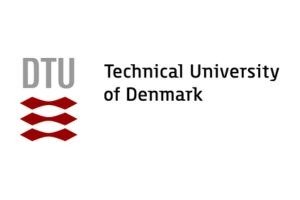


Cost of Studying in Denmark
Understand the complete cost of studying in Denmark, including tuition fees, living expenses, and additional student costs for a well-planned study journey.
| Program | Tuition Fees (Per Year) |
| Undergraduate | €6,000 – €15,000 |
| Postgraduate | €8,000 – €20,000 |
| MBA / Professional Programs | €15,000 – €35,000+ |
| Living Expenses | €9,000 – €16,000 per year |
| Health Insurance | €300 – €600 per year |
Denmark Student Visa Process
Understand the complete Denmark student visa process, from receiving your admission letter to securing your residence permit and travelling for studies.
1. Choose Course & University
Select an accredited Danish institution and your preferred program.
2. Receive Admission Offer
Obtain an official acceptance letter from the university.
3. University Initiates ST1 Form
Your institution completes Part A of the Denmark ST1 visa application.
4. Complete ST1 (Part B)
Fill in your section of the ST1 application and upload required details.
5. Pay Visa Application Fee
Pay the Denmark residence permit fee online (~€300–€350).
6. Prepare Financial Documents
Arrange proof of funds for tuition fees and living expenses.
7. Submit Required Documents
Upload passport, academics, funds proof, insurance, and accommodation details.
8. Book Biometrics Appointment
Schedule your biometrics appointment at VFS or the Danish Embassy.
9. Attend Biometrics
Submit fingerprints, photograph, and signature within 14 days.
10. Await Visa Decision
Processing time usually takes 30–60 days depending on season.
11. Receive Residence Permit
Get your Denmark residence permit confirmation and entry approval.
12. Travel to Denmark
Carry all essential documents and arrive before your program start date.
13. Register for CPR
Obtain your CPR number and activate Danish health insurance (Yellow Card).
Everything You Need to Know
Most universities require IELTS, TOEFL, or PTE. Some may accept MOI (Medium of Instruction) for certain programs or profiles.
Denmark has two primary intakes:
September (Major intake)
February (Limited programs)
Some programs also offer rolling admissions.
Yes. Graduates can apply for a job-seeking residence permit allowing them to stay up to 3 years to find employment.




